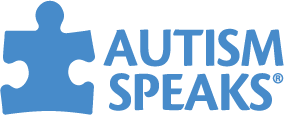Allen School Difference
Everywhere you look there are healthcare schools! Allen School of Health Sciences would like to explain to you what sets us apart from a typical healthcare institution and what we do to promote strong relationships between the students and various departments. We are family owned and we have a family-like atmosphere within our campuses. Some of the departments that our Medical Assisting and Nursing Assistant students rave about are Student Services and Career Services.
Student Services: They have a pulse on the student population. Student Services is in constant communication with students and has a unique relationship with each of them. The Student Services department supports students with everything from grades to attendance to extra motivation to get through a test, class or whatever life throws at them. It is very important for students to keep an open line of communication because they will be working together from the first day of class until graduation.
Career Services: When students see the title “Career Services” they should automatically think partnership. This partnership is crucial for student’s success. One of the things that the Career Services department does that is most beneficial is their ability to partner with Medical Assisting students when it is time for internship. This helps to ensure that they are placed in a facility where they can shine, utilize their strengths and ultimately have a greater chance of getting hired off their internship site.
If the Medical Assisting student is not hired at the internship location then a dedicated Career Advisor will step in and partner with the student. Allen School has a prestigious reputation and strong relationships with hundreds of healthcare networks and facilities which better assist graduates in identifying a Medical Assisting position. This partnership includes among other items: resume review, mock interviews and getting the students resume in the hands of healthcare employers. The Career Services department always encourages students to be diligent and put forth their best effort during this process.
If you are ready to join an institution that offers beneficial resources to foster student success then please contact us today. Spring classes are enrolling now! Either visit our website at www.allenschool.edu or call us directly at 877-591-8753

